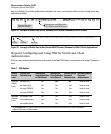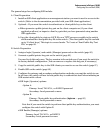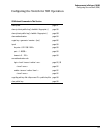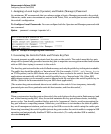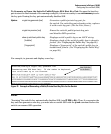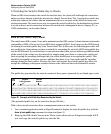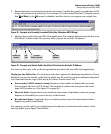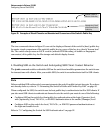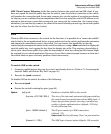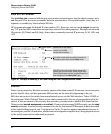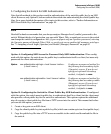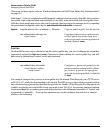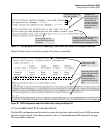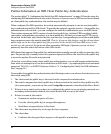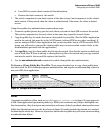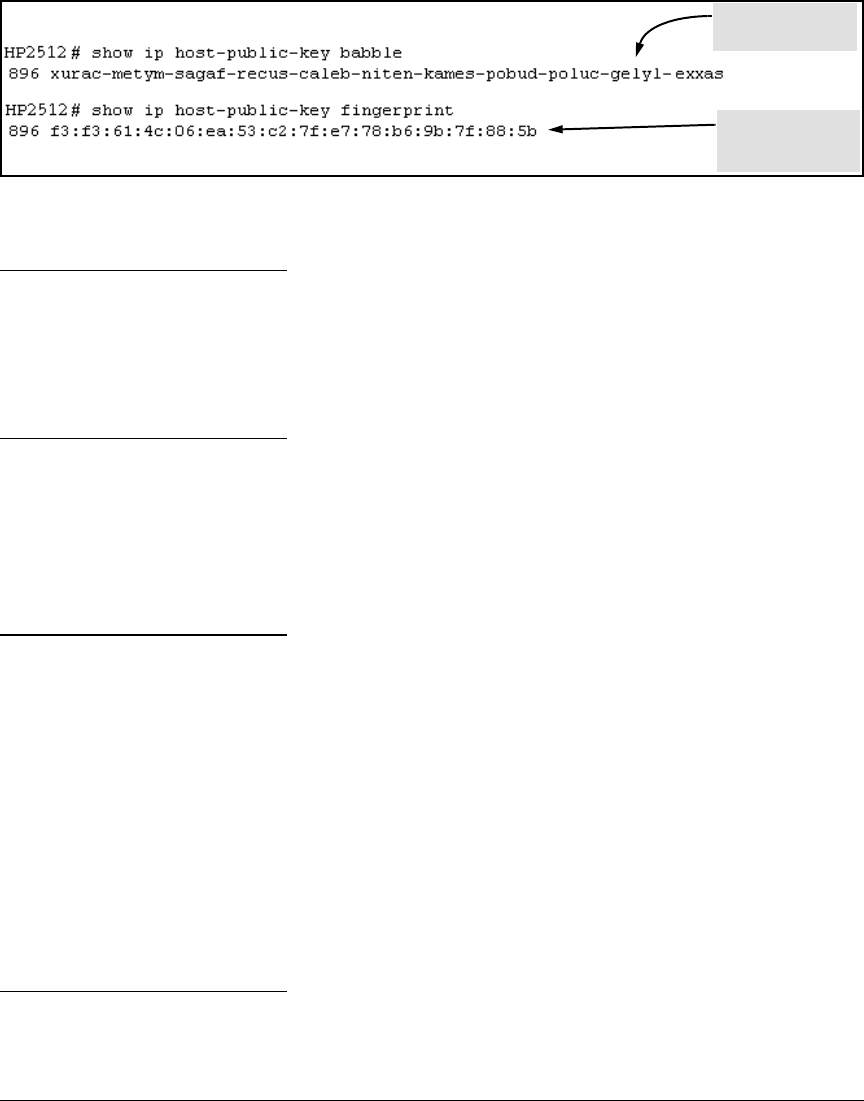
89
Enhancements in Release F.04.08
Configuring Secure Shell (SSH)
Figure 35. Examples of Visual Phonetic and Hexadecimal Conversions of the Switch’s Public Key
Note
The two commands shown in figure 35 convert the displayed format of the switch’s (host) public key
for easier visual comparison of the switch’s public key to a copy of the key in a client’s "known host"
file. The switch always uses an ASCII version (without PEM encoding, or babble or fingerprint
conversion) of its public key for file storage and default display format.
4. Enabling SSH on the Switch and Anticipating SSH Client Contact Behavior
The ip ssh command enables or disables SSH on the switch and modifies parameters the switch uses
for transactions with clients. After you enable SSH, the switch can authenticate itself to SSH clients.
Note
Before enabling SSH on the switch you must generate the switch’s public/private key pair. If you have
not already done so, refer to “2. Generating the Switch’s Public and Private Key Pair” on page 85.
When configured for SSH, the switch uses its host public-key to authenticate itself to SSH clients. If
you also want SSH clients to authenticate themselves to the switch you must do one of the following:
■ Configure SSH on the switch for client public-key authentication at the login (Operator) level,
with (optionally) local, TACACS+, or RADIUS authentication at the enable (Manager) level.
■ Configure SSH on the switch for local, TACACS+, or RADIUS password authentication at
the login and enable levels.
Refer to “5. Configuring the Switch for SSH Authentication” on page 92.
Hexadecimal "Hash"
of the Same Switch
Public Key
Phonetic "Hash" of
Switch’s Public Key



